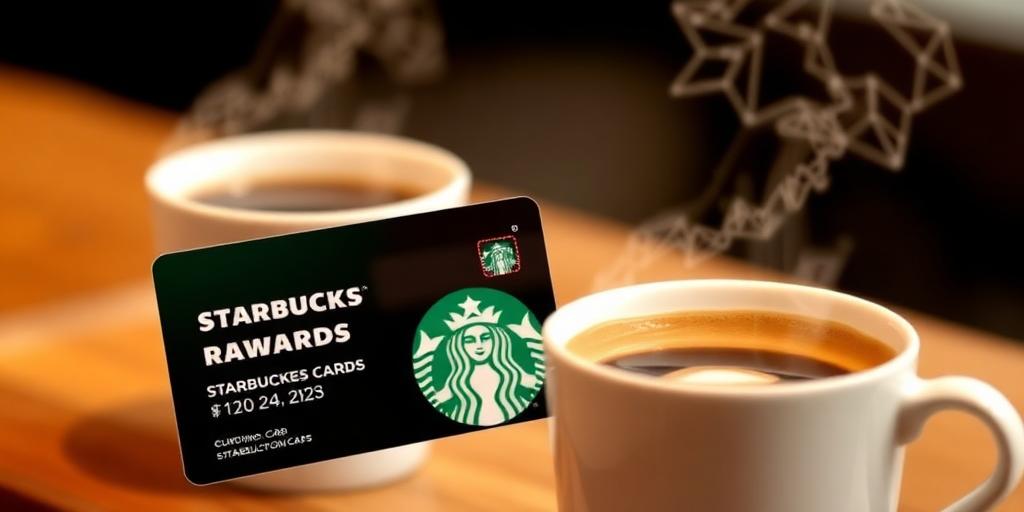Starbucks, a global coffee giant, has mastered the art of leveraging data to enhance customer loyalty and drive business growth. This case study delves into the specific strategies and technologies Starbucks employs to gather, analyze, and act upon customer data, resulting in a highly personalized and rewarding customer experience.
Data Collection Methods
Starbucks collects data through various channels:
- Starbucks Rewards Program: This loyalty program is a goldmine of customer data. By tracking purchases, preferences, and redemption habits, Starbucks gains insights into individual customer behavior.
- Mobile App: The Starbucks app provides a seamless ordering and payment experience while capturing valuable data on order frequency, popular items, and location-based preferences.
- In-Store Wi-Fi: Offering free Wi-Fi in stores allows Starbucks to collect data on customer demographics, browsing habits, and time spent in-store.
- Surveys and Feedback Forms: Starbucks actively seeks customer feedback through surveys and feedback forms, gathering qualitative data on customer satisfaction and areas for improvement.
Data Analysis and Insights
Starbucks utilizes advanced analytics tools to process and interpret the vast amounts of data collected. Key insights derived from this analysis include:
- Customer Segmentation: Starbucks segments its customer base based on demographics, purchase behavior, and preferences, enabling targeted marketing campaigns and personalized offers.
- Predictive Analytics: By analyzing historical data, Starbucks can predict future purchase patterns and anticipate customer needs, optimizing inventory management and staffing levels.
- Personalized Recommendations: Based on past purchases and preferences, Starbucks provides personalized product recommendations through its mobile app and in-store displays, increasing sales and customer satisfaction.
- Location Optimization: Analyzing customer traffic patterns and demographics helps Starbucks identify optimal locations for new stores and optimize store layouts.
Data-Driven Strategies
Starbucks translates data insights into actionable strategies:
- Personalized Marketing: Targeted email campaigns and mobile app notifications deliver personalized offers and promotions to individual customers, driving engagement and sales.
- Loyalty Program Enhancements: Data on customer redemption habits informs the design of the Starbucks Rewards program, ensuring it remains attractive and rewarding for loyal customers.
- Menu Optimization: Analyzing sales data and customer feedback helps Starbucks optimize its menu, introducing new items and refining existing offerings to meet customer demand.
- Improved Customer Service: By understanding customer preferences and pain points, Starbucks can train its baristas to provide more personalized and efficient service.
Conclusion
Starbucks' success in leveraging data to drive loyalty and growth serves as a compelling case study for other businesses. By focusing on data collection, analysis, and action, Starbucks has created a highly personalized and rewarding customer experience that fosters loyalty and drives business results. The company's commitment to data-driven decision-making has positioned it as a leader in the coffee industry and a pioneer in customer relationship management.









